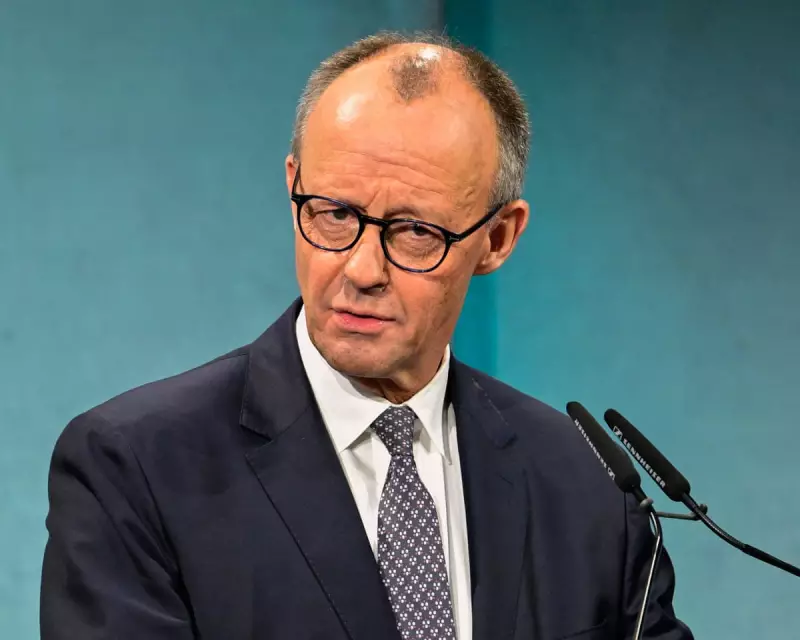
Six months into Friedrich Merz's chancellorship, Germany finds itself gripped by familiar economic anxieties and the first signs of political rebellion, despite initial optimism about his leadership.
The Brief Respite and Returning Gloom
Last March, European financial markets in Paris, Milan and Berlin experienced a surge of optimism following a historic deal brokered by then chancellor-elect Friedrich Merz. The agreement loosened Germany's constitutional spending constraints, known as the 'debt brake', raising hopes for a fiscal stimulus to end prolonged economic stagnation.
This optimism has proven short-lived. Six months into Mr Merz's premiership, growth forecasts for 2026 have been downgraded to below 1% by the chancellor's own economic advisers. Business confidence has slumped ahead of what would constitute a fourth year of near-flatlining growth for Europe's largest economy.
Ambitious Plans Meet Harsh Realities
Mr Merz's ambitious plan included 'whatever it takes' levels of defence spending to prepare for an era where the US is no longer a dependable ally, alongside a massive €500bn investment in infrastructure and the green transition.
While lifting the debt brake was never expected to be an instant solution, patience is wearing thin across Europe. Voters have seen living standards stagnate or decline since the 2008 financial crash, and this disillusionment is particularly acute in Germany. Recent surveys show fewer than one in five Germans want to see Mr Merz stand again at the next federal election.
Broader Political Consequences
The political ramifications extend beyond Mr Merz and his centre-right coalition government. As the far-right Alternative für Deutschland (AfD) party tops opinion polls, mainstream politics across Europe faces a significant challenge.
Germany finds itself particularly exposed to multiple geopolitical storms:
- Russia's ongoing war in Ukraine
- Aggressive Chinese economic competition
- Donald Trump's trade wars
These factors have collectively undermined Germany's export-led economic model that previously underpinned European prosperity.
Pressure is mounting on Mr Merz to revert to traditional economic approaches, including reining in social spending to boost competitiveness. For a chancellor who previously served on the supervisory board of BlackRock and built his reputation as a fiscal hawk, this would represent a return to familiar territory.
However, critics argue that falling back on failed economic orthodoxies from a previous era would only further empower the far-right, which began its gradual ascent during the austerity years following the 2008 crash.
As Europe's most important economy navigates these formidable challenges, the message is clear: Germany cannot afford to go back to the future, despite the difficult first six months of Mr Merz's leadership.





